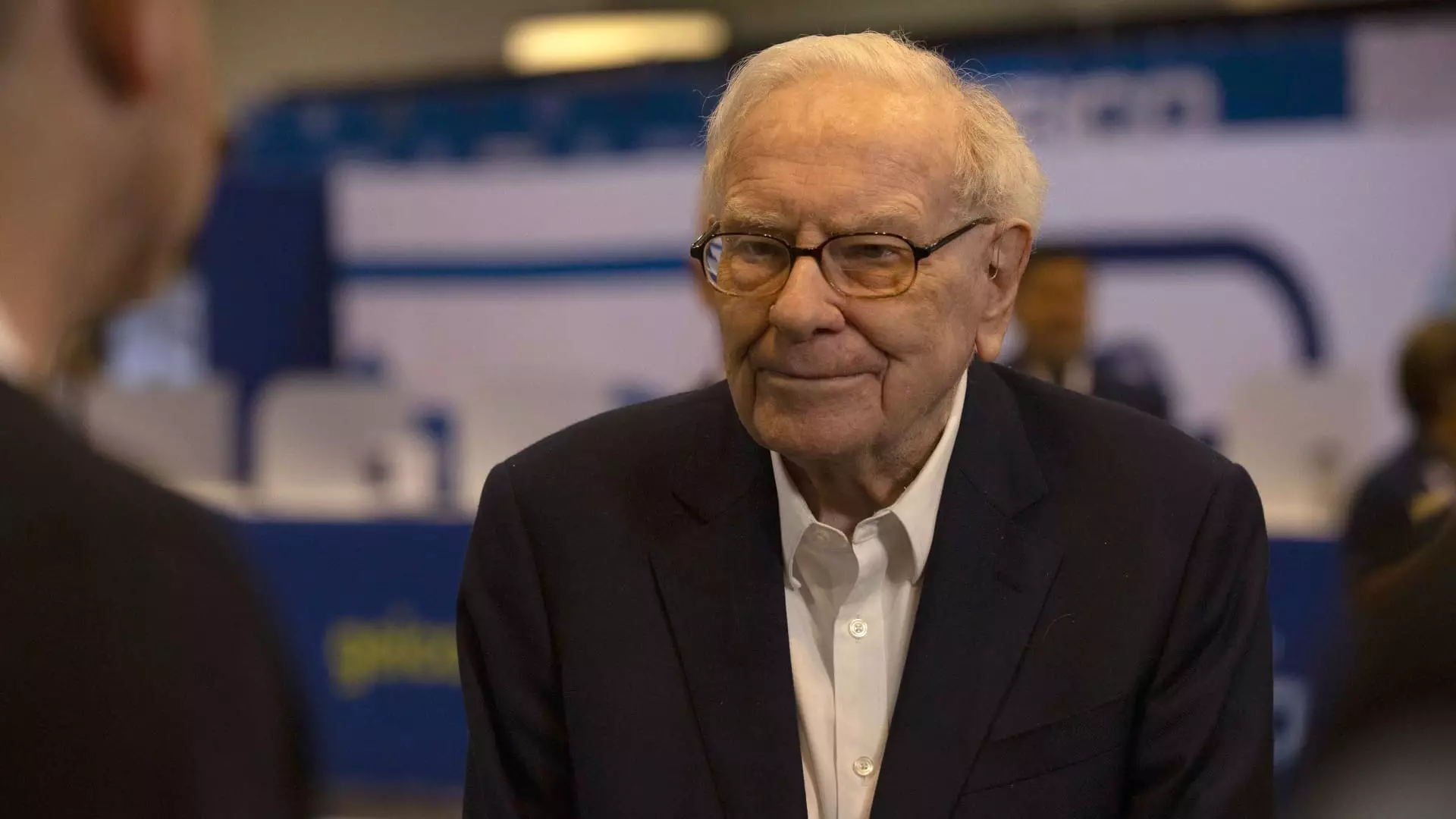Warren Buffett, the legendary investor and CEO of Berkshire Hathaway, has recently made headlines with a significant reduction in his company’s stake in Bank of America (BofA). The selling spree began mid-July, culminating in a major disclosure last Thursday night when it was revealed that Berkshire had divested more than 9.5 million shares across three separate transactions. This reduction decreases Berkshire’s holdings to approximately 775 million shares, now representing about 9.987% of the bank, dipping below the crucial 10% threshold. This move is not merely symbolic; crossing this threshold means that Berkshire is no longer obligated to report its equity transactions promptly, offering Buffett an additional layer of strategic discretion.
The implications of this diminution in holdings are multifaceted. For investors and analysts, it raises questions about Buffett’s confidence in the banking sector, especially given that he is recognized as a pillar of stability amid financial turmoil. Although shares of BofA have shown a slight increase of 1% over the past month, this backdrop contrasts starkly with Buffett’s bearish sentiment; his recent sales speak volumes about his perspective on the banking landscape. The reductions appear to be part of a broader narrative where Buffett has been shedding several long-standing banking investments, indicating a possible shift in strategy or sentiment toward the sector as a whole.
Buffett is no stranger to volatility in the banking industry. Notably, his pivotal investment in BofA during the 2008 financial crisis, where he infused $5 billion into the bank through preferred stock and warrants, has become a legendary turning point in his investment portfolio. By converting those warrants into common stock in 2017, he positioned Berkshire as the leading shareholder within BofA. However, the recent sell-off raises questions about the sustainability of bank investments in the current economic climate, especially given Buffett’s previous concerns articulated last year regarding bank deposit stability.
Buffett’s cautious stance highlights broader concerns that many investors share about the banking industry. Following the events of both the 2008 financial crisis and recent strains in 2023, confidence in banking systems has been shaken, illustrated by declining trust in deposit stability. Furthermore, with the incessant rise of digital finance and fintech solutions, traditional banks face new challenges that could make them more susceptible to risks such as bank runs. As Buffett aptly noted, the changes in depositor behaviour since 2008 complicate the ownership dynamics of banks, suggesting a need for a fresh strategic outlook in the current economic climate.
For now, Buffett watchers will need to be patient as the next 13F filing, which discloses Berkshire’s equity holdings, won’t occur until mid-November. Until then, the investment community is left to speculate on Buffett’s next moves and the larger implications of his recent decisions. Will he reallocate his focus toward industries outside of banking, or might he see a potential rebound in the sector that merits further investment? Given his historical track record and analytical prowess, many will be keenly examining his every decision moving forward, especially in the ever-evolving banking landscape.

